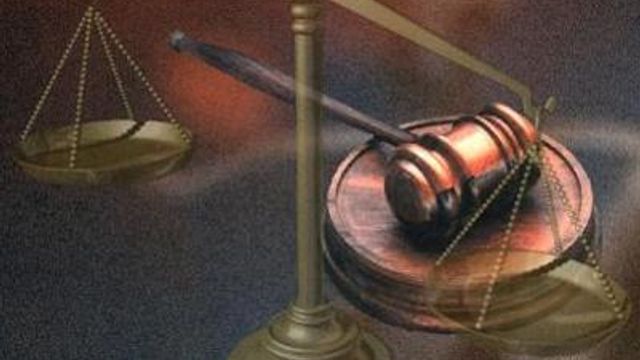Suit against fired SBI agent creates potential conflict for state
An employment dispute and a lawsuit involving a former State Bureau of Investigation agent may have created a conflict of interest for the state Attorney General's Office.
Posted — UpdatedAttorney General Roy Cooper fired Duane Deaver in January, in part because the North Carolina Innocence Inquiry Commission had filed a criminal contempt charge against him.
Last year, the innocence commission accused Deaver of intentionally misleading the panel during September 2009 testimony in a landmark case that ended with the exoneration of Greg Taylor, who had served almost 17 years for the murder of a prostitute in Raleigh.
A Superior Court judge dismissed the contempt charge on Wednesday after Deaver acknowledged that "the confusing nature of his testimony" could have misled the commission.
As Deaver fights to regain his job, the Attorney General's Office is representing him in Taylor's lawsuit against the SBI.
Deaver requested last month that the state pay for private attorneys to represent him, but the Attorney General's Office turned down the request, saying its lawyers would handle the case, which also names other SBI analysts.
Raleigh employment attorney Jack Nichols, who isn't involved in the case, called the situation peculiar but not necessarily improper.
"In the private sector, there's no question there would be a conflict, but because the Attorney General has the duty to represent all state agencies and all claims against the state, then his office has to decide (if there's a conflict)," Nichols said.
Deaver's private attorneys said they are perplexed by the situation.
"It's a curious situation. It's our hope and the hope of our client to continue representing him in the Greg Taylor case," attorneys Philip Isley and Philip Miller said in a statement.
Deaver's testimony during the innocence commission hearing about how test results on blood evidence were disclosed to prosecutors and defense attorneys prompted an independent review of the state crime lab. The review found that SBI analysts had frequently misstated or falsely reported blood evidence in scores of cases during a 16-year period ending in 2003.
Some egregious violations found during the review were linked to Deaver. In two of the cases, including one that ended in an execution, Deaver's final report on blood analyses said his tests "revealed the presence of blood" when his notes indicated negative results from follow-up tests. His notes indicate that he got a negative result because he didn't have enough sample left for the confirmatory test.
• Credits
Copyright 2024 by Capitol Broadcasting Company. All rights reserved. This material may not be published, broadcast, rewritten or redistributed.






